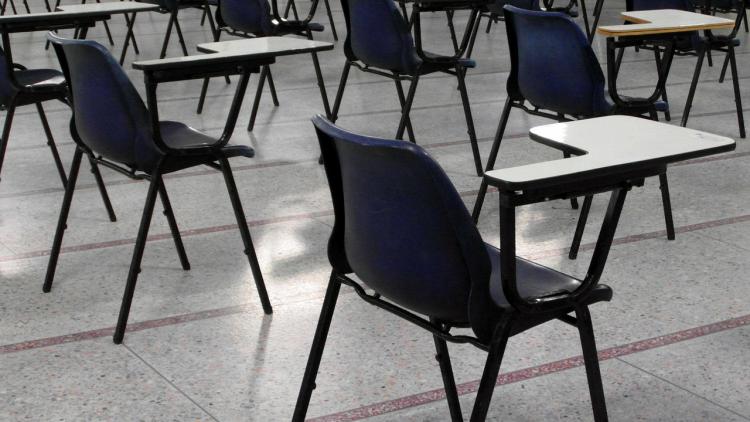
New and expanded National 5 question papers represent a resurgence of high-stakes exams that risks undermining pupils’ educational prospects, teachers are warning.
Concerns are being voiced as a TESS analysis shows that 28 out of 42 National 5 subjects will require pupils to sit longer exams in 2017-18, while nine practical subjects will now have an exam where none previously existed. The five other subjects will have new or increased coursework to contend with.
There are also fears that a move designed to ease teacher workload may have the opposite effect, while many teachers have complained that the profession was not adequately consulted about the changes.
Education secretary John Swinney decided last year to scrap unit assessments – starting with National 5 and ending with Advanced Higher in 2019-20 – amid union protests that they added unnecessarily to teachers’ workload by duplicating swathes of coursework.
But the publication last week of Scottish Qualifications Authority (SQA) information breaking down what the changes could mean for each subject (see bit.ly/SQAinfo) has prompted an angry reaction from teachers and education experts.
‘Many people are unhappy’
Chris Mackay, president of the Scottish Association of Teachers of History, said “many people are unhappy” about the N5 changes.
“The implications for pupils are a concern,” he explained. “The changes in the weighting of the assignment and the external exam could make it more difficult for borderline pupils to pass.”
Lengthening the time of exams could also affect pupils who already required special support, he feared.
University of Edinburgh honorary fellow and former secondary headteacher Danny Murphy said there was already “too much pressure” and “too much assessment” at the end of S4, even before the changes.
Seamus Searson, general secretary of the Scottish Secondary Teachers’ Association, said removing unit assessments remained the right thing to do, but that in the past week many members had contacted the union with workload concerns. There were also concerns that a greater emphasis on exams would disadvantage many pupils.
Mr Swinney told TESS that the new arrangements were “definitely not” a move back towards high-stakes exams, because the relative weightings of practical assignments and exams remained “roughly the same”.
An SQA spokesman insisted that the removal of units and the strengthening of course assessments would have a positive impact on workload for teachers and candidates, “while maintaining the integrity and credibility of the national qualifications”.
[Source:- tes]

